I’m recommitting to my Monday “musings”–which started as a self-assignment to take no more than 15 minutes to share my thoughts on something I read in the past week. Over time, the musings grew to the length of a “real” blog post, and I so, predictably, I wrote them less frequently. I’m going return to the original concept, while tweaking my focus, using a few minutes on Monday to explain what was running through my head when I selected a particular article for the most recent edition of “Dispatches from the Future of Museums”–the free e-newsletter I send out each week. (You can catch up on past issues, and subscribe to Dispatches, here.)
Their surprise, and concern, over this simple fact of employment law is what made me perk up and take notice at this article on “Rights to Scholarly Work” that appeared in Inside Higher Ed last week. It talks about a new draft intellectual property policy at Ohio State University that would change the longstanding practice of faculty owning the intellectual property rights to their innovations, inventions and patentable research. As the author notes, “the ongoing debate and others like it elsewhere in recent years have implications for defining scholarly work in the digital age and for just how much of an academic’s work — digital or not — his or her institution can claim to own.”
So no specific take-away, just renewed appreciation for the importance of this issue, and a reminder that traditions (written or unwritten) about ownership of scholarly research whether in academia or in museums may be reexamined in coming years. As museums make the case for how collections and research benefit society, they may also start to consider how those benefits can be quantified and monetized.
And (BTW) does your museum have a written policy on this issue? And are your staff familiar with said policy? Just in case you need to get anyone off your nondoctoral back…

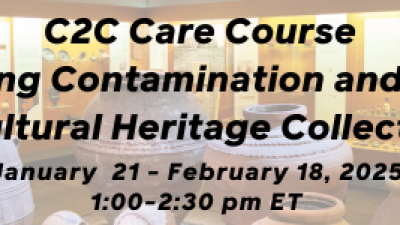


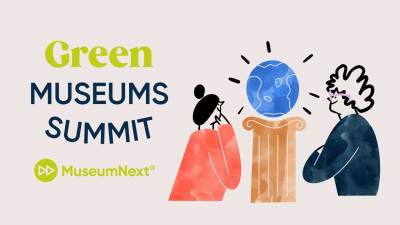
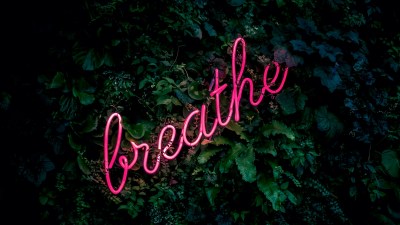

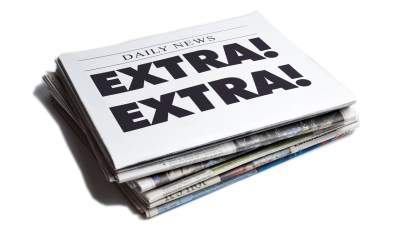
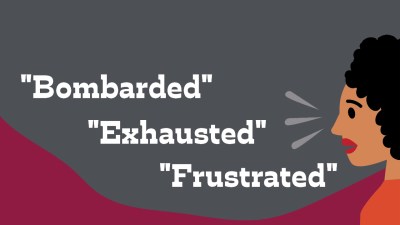
Comments